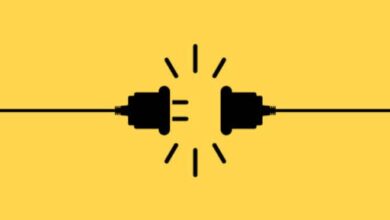Top Signs You Are Pregnant?

If you think you may be pregnant, you’re probably questioning every subtle change in your body as a possible sign. Some women feel certain they’re pregnant at the moment of conception, while others don’t really believe the news until they have a positive pregnancy test—or two.
For most women, a missed period is the first indication of pregnancy. But if you don’t have regular periods, you’ll have to watch for other symptoms.
Know the symptoms
While symptoms vary greatly from one woman to another, here are some common, possible signs of pregnancy:
Changes to your breasts. Tenderness and enlargement can occur as early as a week after conception. You also may notice the areolas, or rings around your nipples, darken and veins become more visible.
Nausea and vomiting. Morning sickness can occur anytime of the day or night and may begin one or two weeks after conception.
Fatigue. While this is common in the first weeks, it often continues into your first trimester and may last throughout your pregnancy.
Slight spotting or cramping. About eight to 10 days following ovulation, when the embryo attaches to lining of uterus, you may experience a light pink spotting. It usually comes earlier than your expected period and is not as red or heavy.
Frequent urination. You may feel the need to use the bathroom more often about six to eight weeks after conception, as your uterus puts pressure on your bladder.
Other symptoms may include: constipation, elevated body temperature, headaches, dizziness, backaches, lower abdominal cramps, excessive salivation, heartburn and food cravings.
Take a pregnancy test—or two
Pregnancy symptoms can be misleading. There may be many other possible reasons for how you’re feeling. But, if you think you’re pregnant, the next step is to take a home pregnancy urine test. About 10-14 days after conception, or about a day after a missed period, a urine test can detect the pregnancy hormone hCG (human Chorionic Gonadotropin).
Pregnancy tests aren’t foolproof. Sometimes you get a negative test when you’re pregnant or a false positive, showing you’re pregnant when you’re not. Consider taking the test a week later to double check the results.
Confirm the results
Follow up with your doctor and have a medical exam to confirm the pregnancy and get on track with prenatal care. In the doctor’s office, you can take a blood pregnancy test as early as 8 to 10 days after conception to detect hCG. The ultimate positive sign, of course, is seeing the fetus. With transvaginal sonography, it is possible to identify the gestational sac (the fluid-filled structure that will develop into the fetus) about five weeks after the last menstrual period, and about two weeks later, the beating of the fetal heart can be seen.





Hi, this is a comment.
To get started with moderating, editing, and deleting comments, please visit the Comments screen in the dashboard.